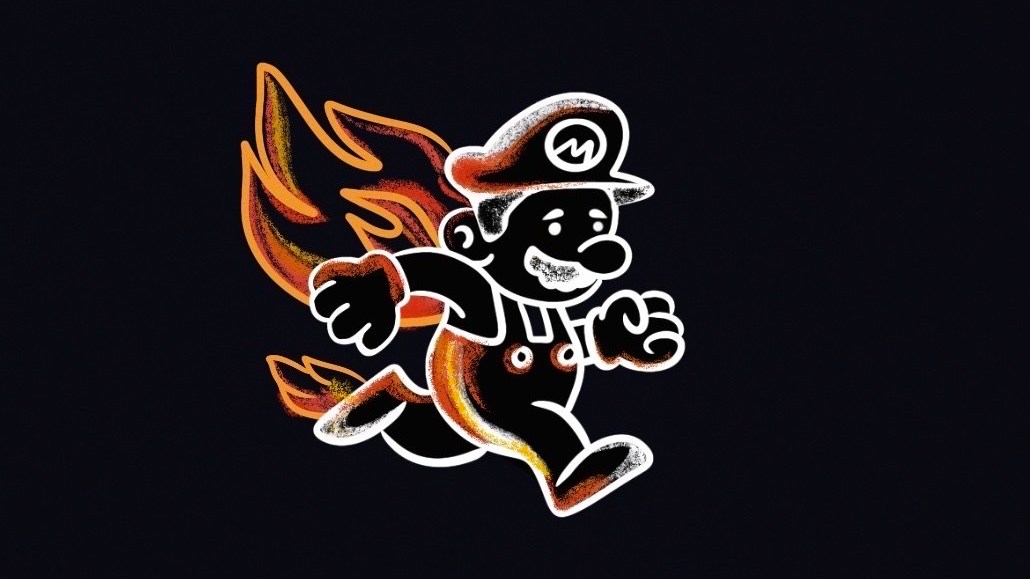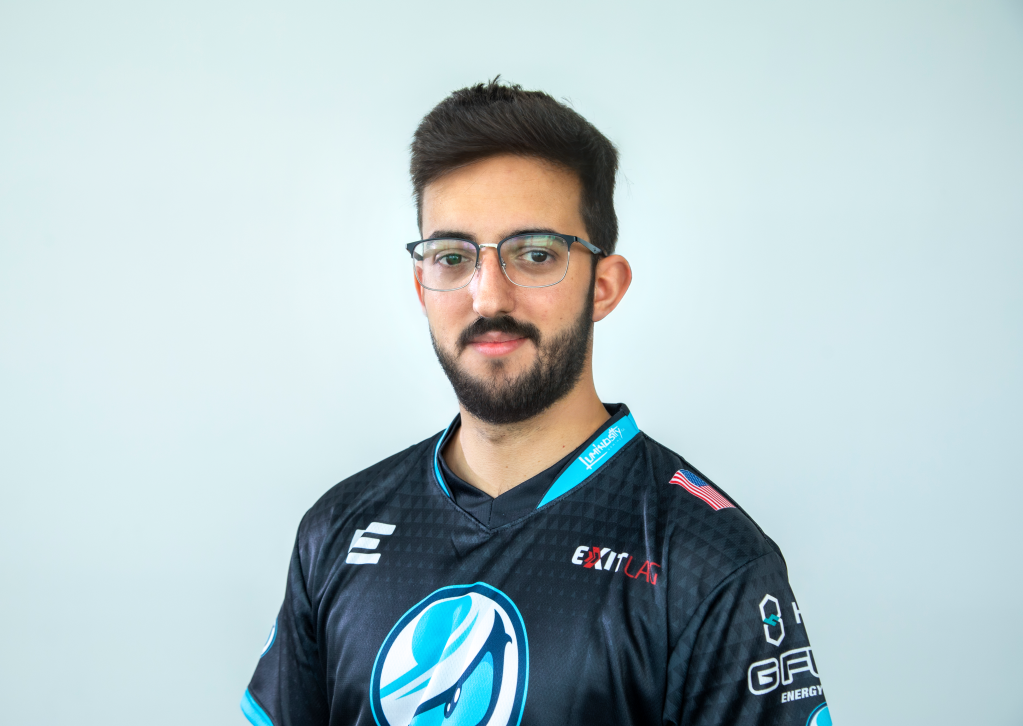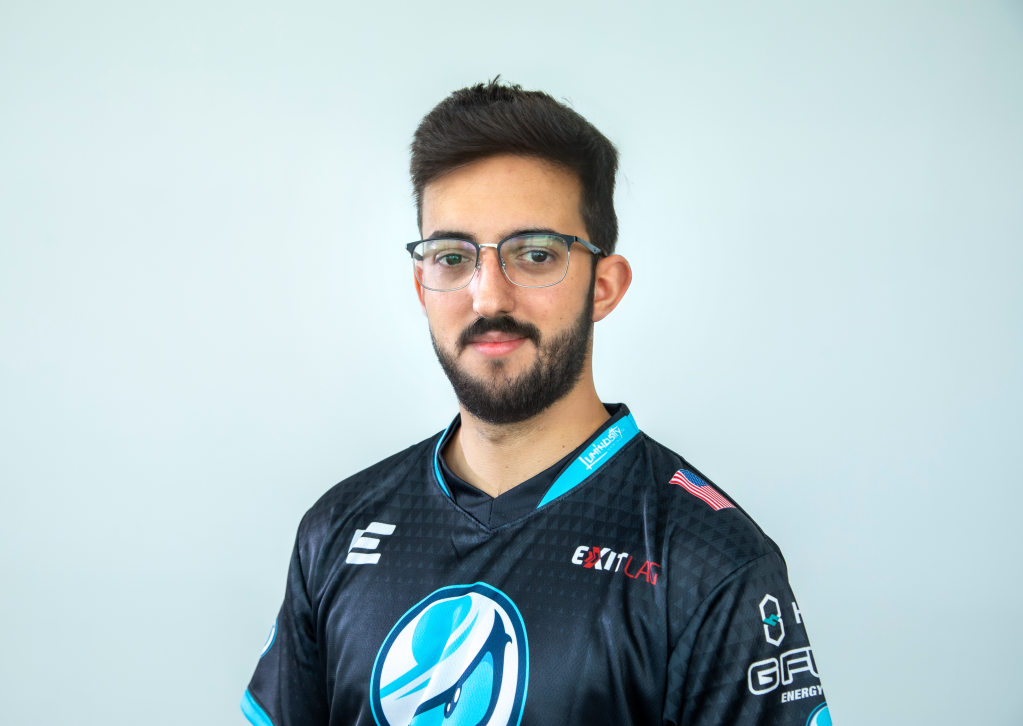Secure your place at the Digiday Media Buying Summit in Nashville, March 2-4
How Luminosity Gaming won over Kroger to get in to Super Smash Bros.

If a brand is looking to reach the Super Smash Bros. community in 2024, there’s a good chance it is doing so through Luminosity Gaming.
The Toronto-based esports organization, part of Enthusiast Gaming’s broader umbrella of gaming properties, has become one of marketers’ de facto entry points into the competitive scene for “Super Smash Bros.,” the decades-popular fighting game published by Nintendo. Unlike other major gaming publishers, Nintendo has largely ignored its games’ burgeoning competitive scenes, creating an opening for companies such as Luminosity to deepen their ties with Smash — and strengthen their ability to sell the game’s competitive scene to interested sponsors.
The latest example of Luminosity’s push into Smash came on Monday when the organization announced a $10,000 invitational tournament on April 20, sponsored by the supermarket brand Kroger. The terms of the agreement were not disclosed. In an annotated Q&A, Digiday spoke to Luminosity head Alex Gonzalez to better understand why Luminosity is making its mark in the Smash scene — and how it sold Kroger on the opportunity.
This conversation has been edited and condensed for length and clarity.
On the void left by Nintendo’s lack of involvement in ‘Super Smash Bros.‘ esports:

Alex Gonzalez:
People want to be involved. In terms of there not being an official circuit for Smash, that does leave a gap in the market, right? People want to see all the top players together. So yeah, when we throw an event with a $10,000 prize pool and invite people, that’s a pretty cool, unique, opportunity. We’re still thinking through how we can make that a little bit more obtainable in the future. Obviously, we’re treading a fine line — I don’t want this to come across in any way like we’re the publisher, or anything like that.

Digiday:
There are a few reasons for Nintendo’s traditional distaste for esports. In addition to Japanese cultural taboos against gambling and competitive gaming, Nintendo is already cranking out massive amounts of revenue thanks to its successful publishing and console manufacturing businesses, with intellectual property adaptations representing a potential growth area for the company. Nintendo is already firing on all cylinders, and it doesn’t appear interested in an additional layer of complexity to its operations by spinning up a dedicated esports department.
But Nintendo’s lack of interest in esports has created an opportunity for companies like Luminosity to act as brands’ default entry point into the game. Gonzalez was sure to avoid this explicit framing in his statements to Digiday, but Luminosity has made its goal of strengthening its ties to the Smash scene clear over the past year by sponsoring major events and signing several of the game’s most popular players.
On how Luminosity pitched the Smash scene to Kroger:

Gonzalez:
This esports chart came out a while back, saying we have a super engaged community. If you look at the list, it was exclusively professional esports circuits, which are happening in huge arenas, and then the Luminosity events, which are still big, but they’re a little bit more grassroots-style. We were the only esports team on there — the only non-publisher organizer.
So we have the data that shows, hey, people want to watch this content. There’s clearly a community here that’s engaged. And we hope to do more of these, because brands want to get involved, and players want to keep competing.

Digiday:
Fighting games have long generated more engagement than other gaming communities, but brands have been relatively slow on the uptick, with exceptions such as Chipotle, which sponsored the annual fighting game championship, Evolution Championship Series, in 2024.
Kroger’s decision to sponsor Luminosity’s $10,000 invitational is not necessarily a sign that the supermarket chain’s marketers have suddenly become clued into the power of “Super Smash Bros.” But it does mean that Luminosity has succeeded in translating the opportunity of Smash into terms that brand marketers can more easily understand. By pointing to concrete engagement stats such as the chart Gonzalez cited in his statement — which tracked the chat engagement levels of top esports streams — Luminosity has managed to divert brands’ marketing budgets into an esports community that has historically been largely ignored by advertisers.
On whether Luminosity’s strategy might be a viable approach for other esports orgs:

Gonzalez:
Yeah, I think it’s totally doable. You have brands that have done it in other games — think OpTic and “Call of Duty,” TSM and “League.” But within Smash, we’re so uniquely positioned, being that we have top players, some of the top creators, events — so we pretty much touch every single thing possible. Within an ecosystem like “Apex Legends” or “Call of Duty,” obviously there’s more guard rails.

Digiday:
Luminosity’s success in “Smash” provides a counterpoint to the idea, popularized over the past decade, that esports organizations need to have a hand in multiple titles if they want to succeed. The reality is that individual games’ competitive communities often exist in their own little worlds, and investing deeply into those individual communities can be more lucrative than attempting to satisfy all comers.
Another esports organization that has leaned into one game in particular, though in a different manner than Luminosity, is Misfits, which has prioritized its presences in Minecraft and Roblox over its competitive teams over the past year. As competitive gaming companies look to stay afloat amid esports winter, it’s possible that more of them will look to specific games’ communities as a lifeline in 2024.
More in Marketing

Future of Marketing Briefing: AI’s branding problem is why marketers keep it off the label
The reputational downside is clearer than the branding upside, which makes discretion the safer strategy.

While holdcos build ‘death stars of content,’ indie creative agencies take alternative routes
Indie agencies and the holding company sector were once bound together. The Super Bowl and WPP’s latest remodeling plans show they’re heading in different directions.

How Boll & Branch leverages AI for operational and creative tasks
Boll & Branch first and foremost uses AI to manage workflows across teams.








